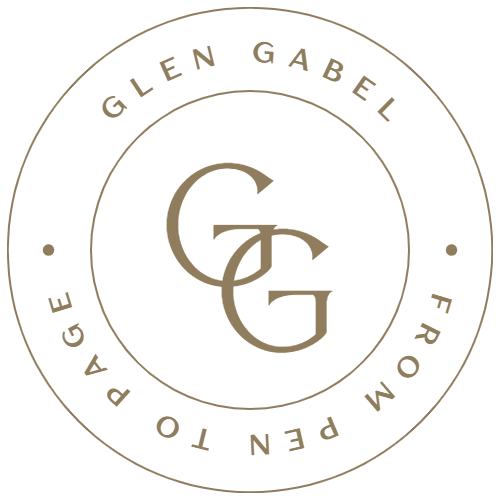If you’ve ever written more than five words on a page, you’ve experienced it, like a musical crescendo that builds, your story is flying together and then suddenly it grinds to a stop. Silence. The horrid barrier of writer’s block has hit you. What do you do now?
Writer’s block can occur for many reasons but two major ones are 1) either your creative flow has now dried up or 2) some voice in your head is screaming for you to stop and pay attention to something that doesn’t feel “quite right” in your story. Maybe your plot has stalled up – you were moving towards that targeted scene you’ve been imagining but the connection between plot point A and plot point B has lost its way. Maybe the characters you’ve created are not who you want them to be or who the plot NEEDS them to be.
Author Meg Ashley espoused the solution is two-fold, “First you must stop waiting for the muse to bring back the magic. Forget about it, she won’t come…the muse is coy. If you chase her, she flees. When shut down by writer’s block, you must treat the writing as a job.” (Constructing the Novel). Meg goes on to say creating a set time and place for your writing, every day is essential. Don’t let yourself be distracted by family, kids, pets, and most importantly “online devices”, and the siren call of social media that will suck you down a rabbit hole for the next four hours. Commit to a number of hours (no matter how long or short) solely to your writing (not talking about writing, or thinking about being published but to actually writing your book). “Go to that barricade in your story that you’re stuck on, back up ten or twenty pages and read forward until you’re back in the story’s flow.” New ideas will begin to form.
Another solution is to remember that the story is within you, growing, baking in your brain and always developing. You don’t need to write complete sentences to spend your writing time wisely. Start drafting support documents. Review your outline for the story. Create a flowchart. Play with a subplot and the characters that are involved with it. Add an unexpected twist to one of your side characters (make them goofy, serious, schizophrenic, vegan, whatever). Most of all let your imagination flow. Thinking about, or discovering your story is just as important as writing it and it’s still considered work.
Most importantly stick to your allotted writing time. Don’t go under, and don’t beat yourself up if you only wrote a few sentences. This happens. Consistency is the key to success with writing. The more you repeat an activity, the more the more the structure of your brain changes to become efficient at it.
Barriers crop up for all of us (and in all areas of our lives) but giving yourself the grace and the space to climb them, one inch at a time – even if we stumble along the way, will give you the confidence to move forward with your story. Remember perfection isn’t the goal with your first draft, the goal is in the act of writing itself.
Interested in my writing?
Check out the first six chapters of my new novel, The Soothsayer, here.
